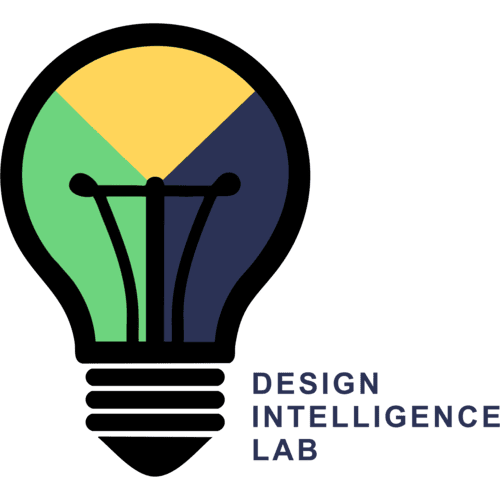Abstract
This technical report contains the 14 accepted papers presented at the Workshop on Goal Reasoning, which was held as part of the 2015 Conference on Advances in Cognitive Systems (ACS-15) in Atlanta, Georgia on 28 May 2015. This is the fourth in a series of workshops related to this topic, the first of which was the AAAI-10 Workshop on Goal-Directed Autonomy; the second was the Self-Motivated Agents (SeMoA) Workshop, held at Lehigh University in November 2012; and the third was the Goal Reasoning Workshop at ACS-13 in Baltimore, Maryland in December 2013.
Our objective for holding this meeting was to encourage researchers to share information on the study, development, integration, evaluation, and application of techniques related to goal reasoning (GR), which concerns the ability of an intelligent agent to proactively reason about, formulate, select, and manage its own goals/objectives. GR differs from frameworks in which agents are told what goals to achieve, and possibly how goals can be decomposed into subgoals, but not how to dynamically and autonomously decide what goals they should pursue. This constraint can be limiting for agents that solve tasks in complex environments when it is not feasible to manually engineer/encode complete knowledge of what goal(s) should be pursued for every conceivable state. Yet, in such environments, states can be reached in which actions can fail, opportunities can arise, and events can otherwise take place that strongly motivate changing the goal(s) that the agent is currently trying to achieve.
This topic is not new; researchers in several areas have studied GR (e.g., in the context of cognitive architectures, intelligent agents, automated planning, game AI, and robotics). However, it has infrequently been the focus of intensive study, and (to my knowledge) no other series of meetings has focused specifically on GR. As shown in these papers, providing an agent with the ability to reason about its goals (independently of whether an initial set is provided) can increase performance measures for some tasks. Recent advances in hardware and software platforms (involving the availability of interesting/complex simulators or databases) have increasingly permitted the application of intelligent agents to tasks involving partially observable and dynamically-updated states (e.g., due to unpredictable exogenous events), stochastic actions, multiple agents, and other complexities. Thus, this is an appropriate time to foster dialogue among researchers with interests in GR.
GR research is still in its early stages; no deployed application of it yet exists (e.g., for controlling autonomous unmanned vehicles or in a deployed decision aid). However, it appears to have a bright future. For example, leaders in the automated planning community argue that GR has a prominent role among intelligent agents that act on their own plans, and it is gathering increasing attention from roboticists and cognitive systems researchers.
The papers in this workshop relate to, among other topics, initial applications, formal models, metareasoning, narrative intelligence, emotion and personality, rebel agents, and self-motivated systems. The authors discuss a wide range of issues pertaining to GR, including representations and reasoning methods for dynamically revising goal priorities. We hope that readers will find that this theme for enhancing agent autonomy to be appealing and relevant to their own interests, and that these papers will spur further investigations on this important topic.
Many thanks to the participants and ACS for making this event happen!
